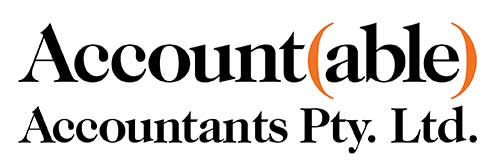Do you pay tax on Airbnb Income?

Income earned using short term property rental platforms such as Airbnb or Stayz must be declared to the Australian Tax Office (ATO) as income.
There’s no doubt that taking part in the ‘shared economy’ is a great way to earn some extra dollars, and renting out your holiday home or even a spare room in your house is becoming a very popular extra income stream.
But like all income streams, it will be considered taxable income by the Australian Taxation Office (ATO). There will be costs and benefits come tax time and they might take you by surprise if you’re not ready for them.
How much money should you set aside?
The amount you report on your taxable income is your gross income. Your declarable fees from AirBNB will be larger than what you actually receive in your account. The payments you receive from your guests before refunds or service fees are deducted, will need to be calculated. The difference will be made up in taxable deductions you can claim.
Be aware you might need to set aside extra tax of around 20 to 49 percent depending on your current earnings from other sources such as your wages during the year. The additional income may put you in another tax bracket. Your tax agent will be able to advise the correct amount you should be aware of setting aside.
Tax Implications of Running an Airbnb
Any income earned from short term property rentals must be declared
Always declare income generated via short term rentals such as Airbnb on your tax return.
You may be surprised to learn that the ATO has many data matching processes and receives income information streamed directly from many holiday providers like Airbnb and Stayz.
So, if you do not report your income and you are identified via data matching processes, you could be fined and penalised for failing to report this income to the ATO.
Airbnb isn’t classed as business income by the ATO, but you should treat your record keeping like one!
It is strongly recommended to:
- Ensuring that you keep records of all income and associated expenses as you go throughout the year.
- Putting money aside to meet possible tax implications (and avoid being caught out at tax time).
